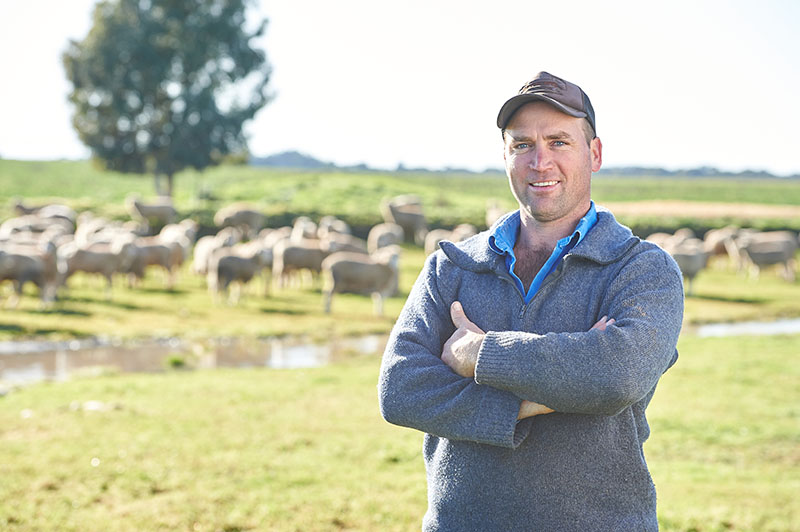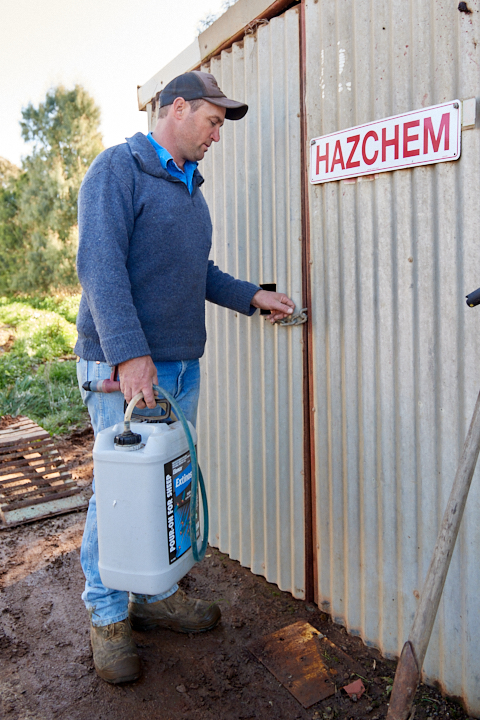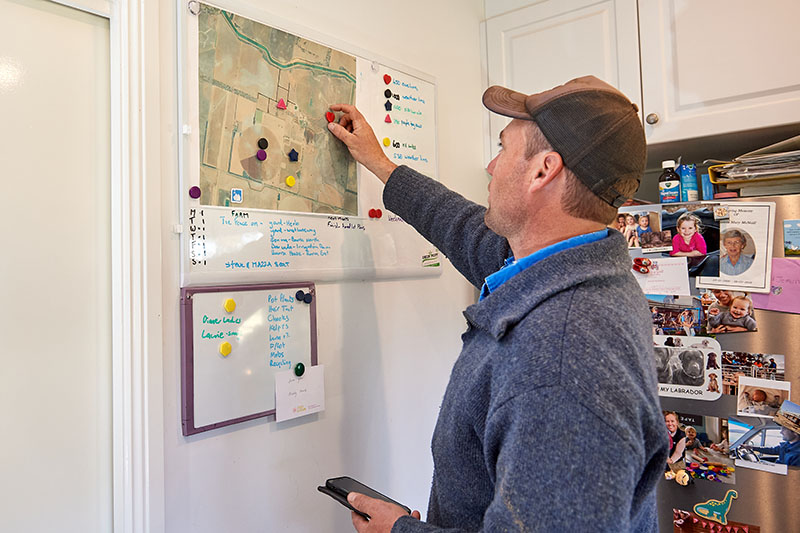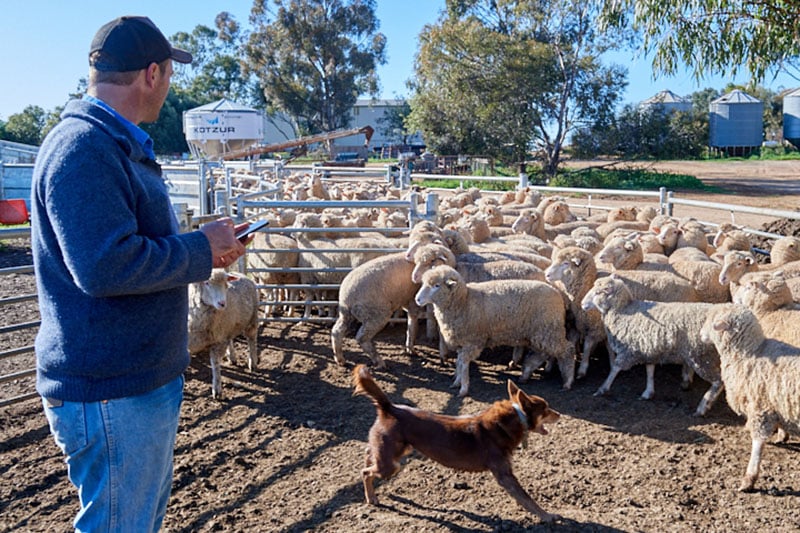LPA an opportunity, not a headache
15 August 2023
-Min Read

- Consumers expect high-quality and safe products.
- Producers are urged to move their data online for ease-of-use.
- LPA supports producers to maintain a high standard of practice and product.



